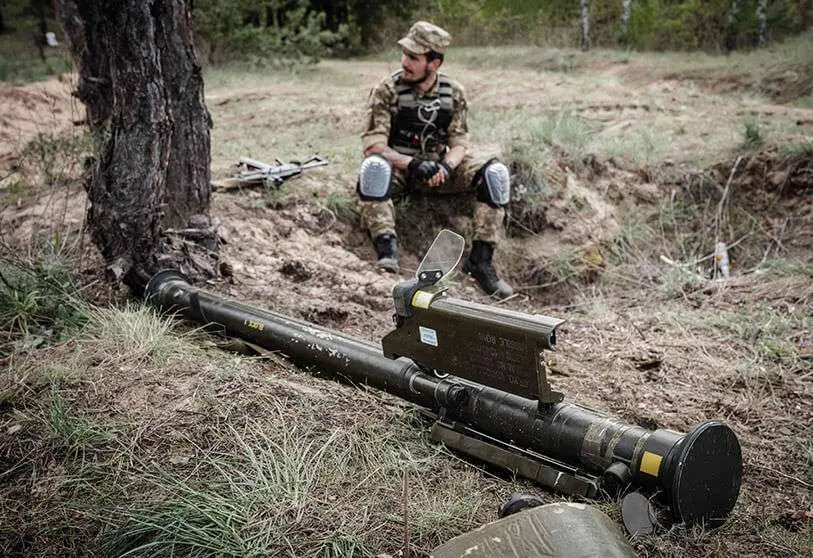Ukraine in the face of a harsh winter

We all know that evil never comes alone. Today it is the Ukrainians who are going through this ordeal most severely. It is of no use, beyond patriotic pride, that collectively they are offering the world an image of extraordinary heroism. Vladimir Putin should embrace the bravery of his aggrieved neighbours as a demonstration that Ukraine is a sovereign, independent country with all the signs of its national identity.
Ukrainians have been at war for eight months, bloody as all wars are, many thousands of family members buried, many more suffering from injuries and ailments caused by bombs, missiles and drones that, as one witness described, are more terrifying than a swarm of wasps; others are missing or imprisoned in the makeshift checkpoints set up by the new KGB disciples who have grown proud to have a master in the Kremlin.
There is no hope for them other than to continue fighting, and every day against more enemies. In addition to the new Russian onslaught, whipped up by the ridicule of their impotence in the attempt to subjugate them to their ambition, life is getting harder and harder for the forty-six million Ukrainians. The winter, always harsh in their cities and steppes, has already begun with the bitter cold brought by snow, ice and blizzard, aggravated by total darkness in many cities and the lack of other services caused by the destruction of power stations.
The damage caused by the bombing is becoming irreparable in the current circumstances and essential goods, starting with food, are becoming scarce. NATO countries are sending weapons so that soldiers can continue to resist, but it is imperative that between tanks and powerful missiles they also include food and medicine for children and the elderly, warm clothing and household goods so that those who have lost their homes to the shells can put up a temporary roof over their heads to face the elements.
Another new problem has been added to the many adversities that have accumulated and are feared. Some workers are resorting to strikes to express their needs turned into daily demands. But the industries and services in the precariousness in which they find themselves cannot meet their demands, nor does the government have the levers to curb the popular discontent generated by family and personal needs. Difficulties in getting around on destroyed roads and bridges are affecting supplies.
The outlook is difficult. There is historical experience of wars resolved in those lands by the harshness of winter. In this case it does not seem to be hastening its end: rather it is aggravating it, and not only in the trenches. It is also in the homes of the disabled elderly, women who cannot find anything to put on the table at lunchtime and children who, far from being educated in schools and institutes, only have the leisure option of listening to the laments of their elders and clenching their hands while their teeth are shivering.

